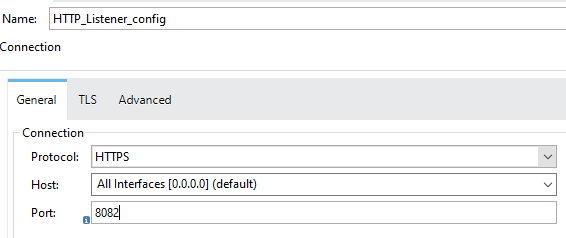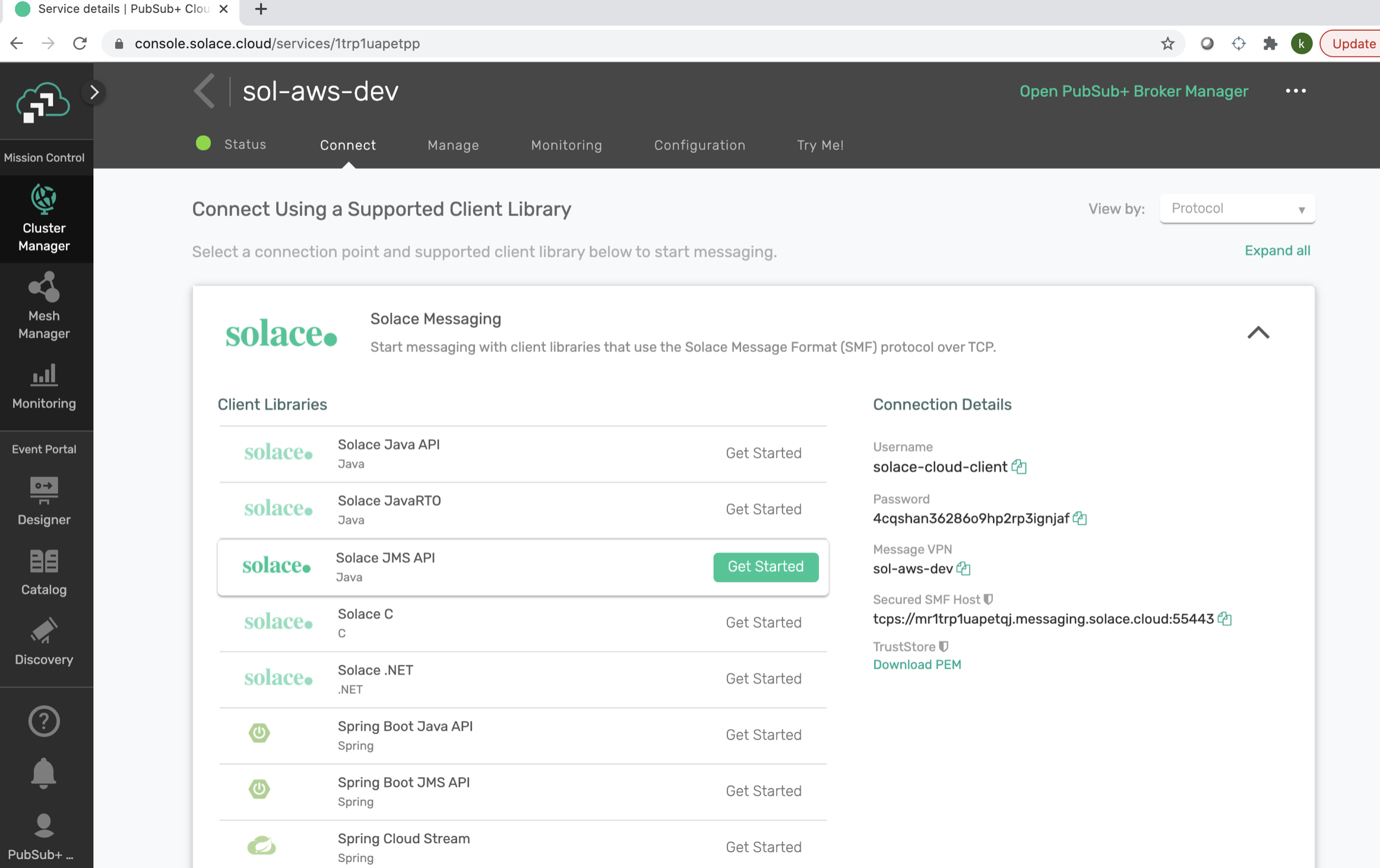
We saw in this blog that we can enable HTTPS which confirms a more secure version for your Mule applications. Go to Postman -> Settings -> Certificates and turn ON CA certificates tab which default is set to OFF.Testing HTTPS enabled Mule applications using Postman.Where $ is 443 used for HTTPS communication. Put keystore.jks file under src/main/resources directory of mule project.The result keystore.jks file is your certificate.
#Mulesoft https keystore explorer password#
Here is the keytool command to create a self-signed cert: keytool -genkeypair -keystore keystore.jks -dname “CN=localhost, OU=Unknown, O=Unknown, L=Unknown, ST=Unknown, C=Unknown” -keypass password -storepass password -keyalg RSA -sigalg SHA1withRSA -keysize 1024 -alias mule -ext SAN=DNS:localhost,IP:127.0.0.1 -validity 9999

This certificate is self-signed so it is not to be trusted by clients unless you share the public certificate with them. The keystore you generate contains a private key and a public certificate. We will configure certificates in browser as client. The standard JDK distribution does not include a keystore by default, use keytool to generate your keystores and certificates. We will configure KeyStore and TrustStore fro HTTP Listener.
#Mulesoft https keystore explorer how to#
If you do not specify a truststore then the default values of the JVM are used, which usually include a truststore with certificates for all the major certifying authorities.ģ) How to generate a Keystore and a self signed certificate? Truststore – A truststore is the opposite – while a keystore typically holds onto certificates that identify us, a truststore holds onto certificates that identify others. Keystore – A Java keystore stores private key entries, certificates with public keys or just secret keys that we may use for various cryptographic purposes.Generally speaking, keystores hold keys that our application owns that we can use to prove the integrity of a message and the authenticity of the sender.Usually, we’ll use a keystore when we are a server and want to use HTTPS. TLS offers many different ways of exchanging keys for authentication, encrypting data, and guaranteeing message integrity. TLS with Keystores and Truststores – TLS is a cryptographic protocol that provides communications security for your Mule app.


Lets elaborate more on above key concepts.


 0 kommentar(er)
0 kommentar(er)
